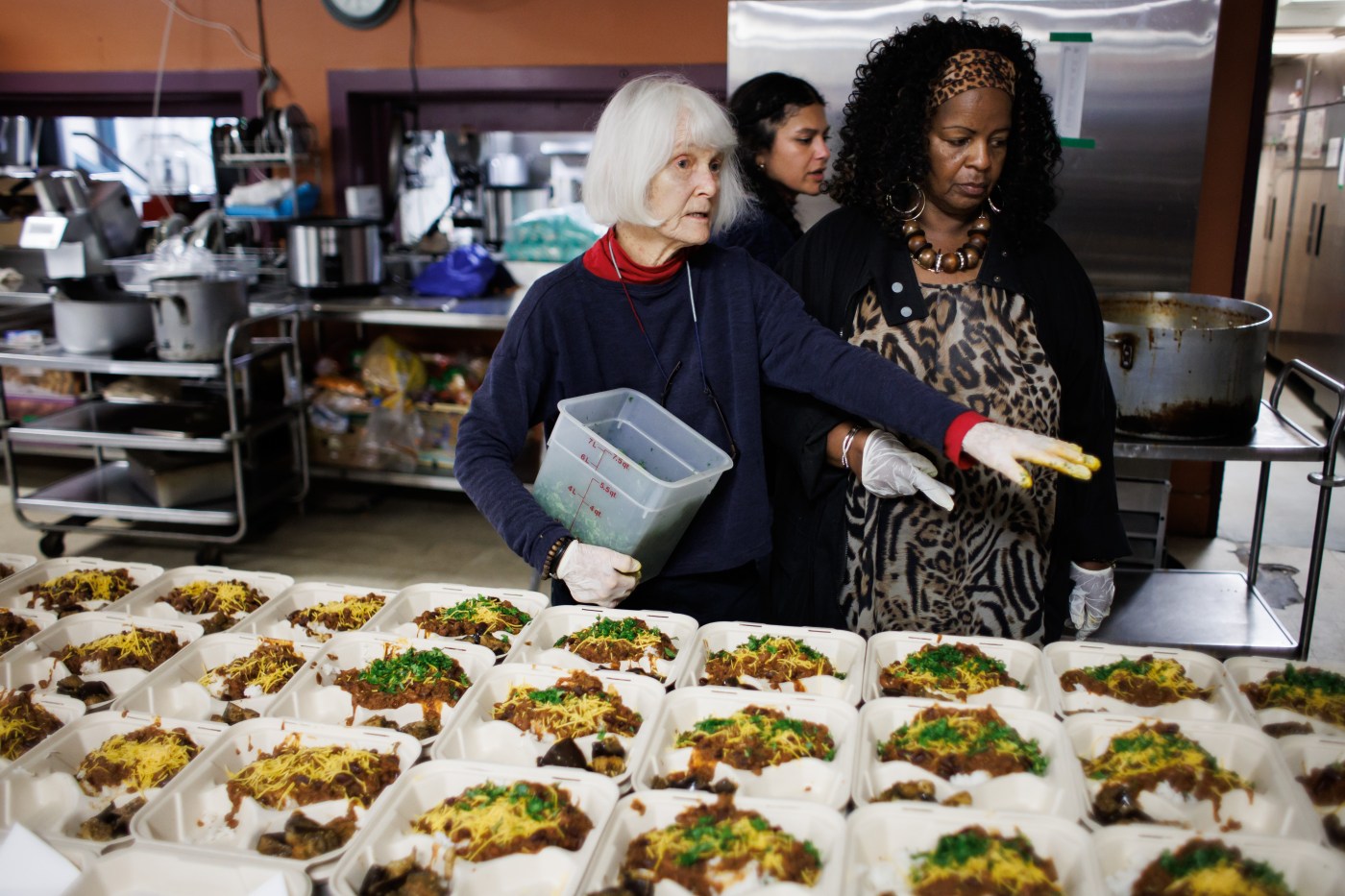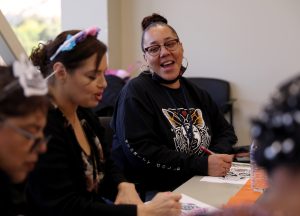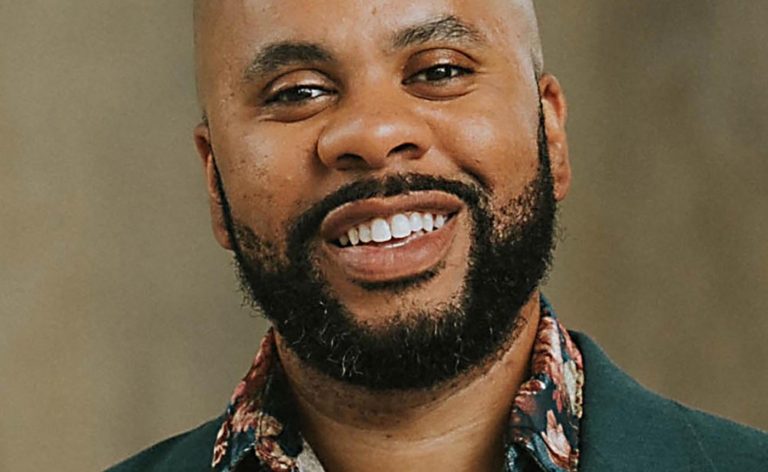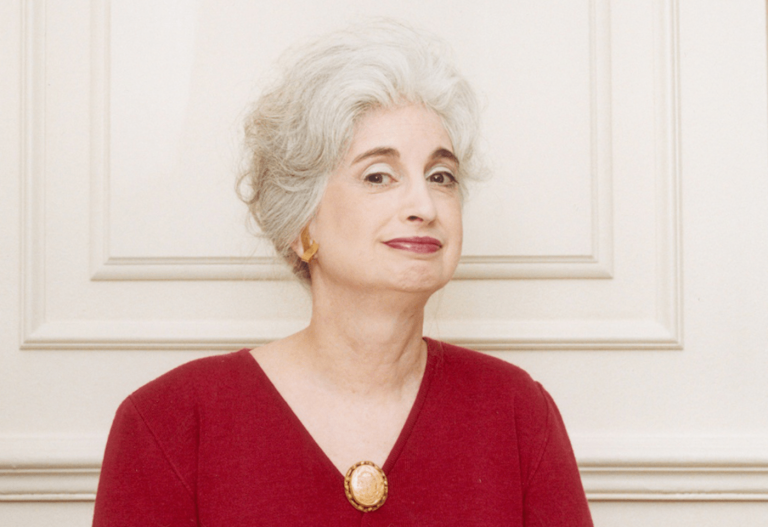BERKELEY — Patience and honesty are key to success at the Dorothy Day House, a Berkeley nonprofit that has been focused on providing services to the city’s unsheltered population since the 1990s.
Hundreds of Berkeley’s roughly 844 unsheltered residents access services through the Dorothy Day House each day – services such as warm meals, showers, clean clothes, storage lockers, housing support, job training and a safe bed to sleep.
In addition to its main shelter in the Veterans Memorial Building downtown, the nonprofit also runs Beyond the Horizon, a hotel turned transitional shelter on San Pablo Avenue. The model was born out of the COVID-19 pandemic as a solution to providing unsheltered residents non-congregate places to live.
“We had to find creative ways to make people safe,” said Dorothy Day House Executive Director Robbi Montoya. “Hotels and motels were struggling too. … This idea to master lease them to an organization and help solve multiple problems was just the logical way to go.”
Dorothy Day House Executive Director Robbi Montoya speaks during an interview in Berkeley, Calif., on Dec. 4, 2024. (Dai Sugano/Bay Area News Group)
Last month, the Dorothy Day House was awarded a $5.3 million contract to run a shelter at the Howard Johnson Motel, funded in part by a state Encampment Resolution Fund. Those 27 units are expected to house residents of an encampment on 2nd Street.
Just a block away from the main shelter, 25 beds were opened on Dec. 1 at the Berkeley Old City Hall as part of the Berkeley Emergency Services Shelter, a seasonal program to get people off the streets and out of the cold.
The Dorothy Day House has operated the emergency winter shelter out of various locations since 2003, and out of Old City Hall since 2019. The shelter only takes up a wing of the first floor but the nonprofit could likely fill the entire building, said Daniel Garcia, a program coordinator overseeing the emergency shelter.
“These shelters save people’s lives,” Garcia said, noting temperatures often drop to near freezing during the region’s coldest months.
The site is both a “blessing and a curse,” Montoya said. Oftentimes, clients who find refuge in the emergency shelter are those most resistant to going indoors permanently, she said. Recognizing that reality, Montoya said staff work to address urgent needs and bring people closer to a desire for change.
“The good news is after people feel we’re sincere, most who go into the winter shelter don’t want to go back to the street,” Montoya said. “We show them what we’re about, a glimpse of what we promise.”
Dorothy Day House volunteer Yuly Mireles prepares boxes of hot meals for people in need in Berkeley, Calif., on Dec. 4, 2024. (Dai Sugano/Bay Area News Group)
Seeing success
It’s the Dorothy Day ethos of providing judgement-free, compassionate care that’s led to the organization’s success, Montoya said.
Rather than push solutions onto people, Montoya said she and her staff take a slow and steady approach. They provide their clients with the services they ask for, allow them to experience those benefits and show them what else is possible. If guests would like to accept more help, staff are ready to assist.
It’s not about reinventing the wheel, Montoya said. Instead, she said she draws from decades of experience working in social services and witnessing firsthand what works.
“We don’t have to create everything and that really is a lesson for us in social services. There are things that worked in the 1990s that are very applicable to now,” Montoya said.
Clients wait in line to receive free hot meals at Dorothy Day House in Berkeley, Calif., on Dec. 4, 2024. (Dai Sugano/Bay Area News Group)
Understanding a community
Gaining trust requires being honest and not overpromising, Montoya and Dorothy Day Finance Manager John Gaona said. If going into shelter means someone’s extra belongings are likely to be thrown out, staff tells them that. When hygiene practices start to slip, they don’t shy away from a gentle nudge.
Most importantly, when talks about finding permanent housing come up, employees set realistic timelines, they said.
“It’s hard to say yes when you’ve been told no over and over,” Gaona said. “People know when they’re being bulls—d.”
Unsheltered people are individuals with unique stories but they also make up a community with shared experiences, Gaona said. Leaving that known support system for a new environment is hard, especially when rules and social biases make it difficult to blend or even straddle the two worlds, he said.
Gaona knows that on a personal level. The Modesto native briefly lived in People’s Park, a former activist hub now being developed into university housing, in his early 50s after losing his job in advertising in 2016. Volunteering had always been a part of his life, so he often lent a hand while waiting to take a shower.
Dorothy Day Finance Manager John Gaona speaks during an interview in Berkeley, Calif., on Dec. 4, 2024. (Dai Sugano/Bay Area News Group)
His volunteer efforts eventually led to a job offer. Gaona was resistant at first to a part-time gig to help set up, monitor and break down temporary shelters, but he accepted after persistent requests. Years later, Gaona now oversees the nonprofit’s finances and human resources.
Gaona’s story is representative of a large number of unsheltered people who live their day-to-day lives undetected, Montoya said. He’s also integral to an organization that often hires from within and provides on-the-job training, including at Dorothy’s Closet, a thrift store opened downtown in August.
Mark Dutillieul, 56, also found a home and work at Dorothy Day. The former construction worker turned delivery driver had never experienced homelessness until about a year ago.
“It was kind of a shock, but then again it wasn’t,” said Dutillieul, who was born and raised in Fremont.
Dutillieul had worked in construction for about a decade. The work was hard on his body, he said, so he eventually turned to delivering food as a way to make ends meet. When car troubles left Dutillieul without a job and unable to pay the rent on his Fremont apartment, he turned to the internet where he found out about Dorothy Day’s services.
He now works part time for the nonprofit and lives at the main shelter where he said he’s made friends and has grown more understanding.
“I’m grateful for it,” Dutillieul said. “It feels good to give back.”
Mark Dutillieul, who lives and works at Dorothy Day House, eats lunch provided by the nonprofit in Berkeley, Calif., on Dec. 4, 2024. (Dai Sugano/Bay Area News Group)
Filling gaps in the system
Despite all that the Dorothy Day House already does, Montoya is still seeking more programming. Her dream, she said, is to find another warehouse similar to the one that housed the Horizon Transitional Shelter, an open space that allowed unsheltered residents to live freely in tents.
“We need more of the warehouse model. I’ll fight for that until I have no fight in me,” Montoya said, noting the approach was successful at connecting people to services before being closed to make way for a development project.
The ultimate goal is to get people indoors and eventually into permanent and stable housing, Montoya said. That process typically takes about a year and a half, and occurs on a much tighter timeline at the emergency shelter, given that the shelter is only open for about five months.
Regardless of how someone finds their way into permanent housing, Montoya said clients from all local agencies are treated the same – left to fend for themselves with little to no aftercare.
Preventing recidivism is the next big battle, Montoya said. She’s currently working on a proposal that, if backed by Berkeley officials, would enable the nonprofit to provide services and check-ins during the first year of a client’s transition into permanent housing with the goal of reducing the number of people who fall back into homelessness.












